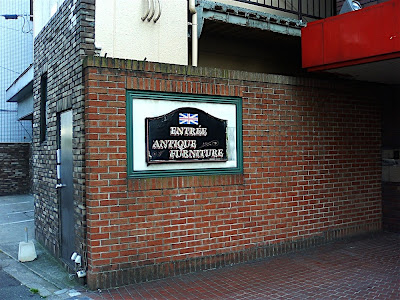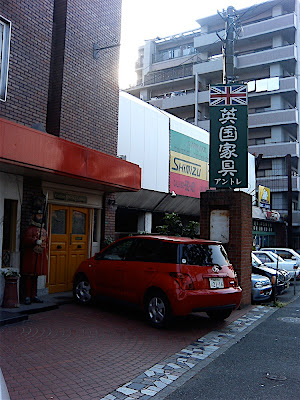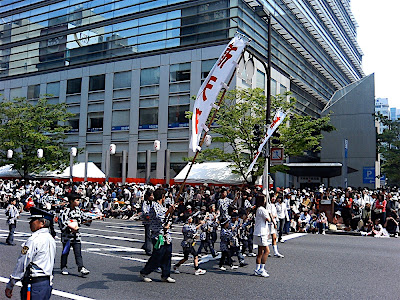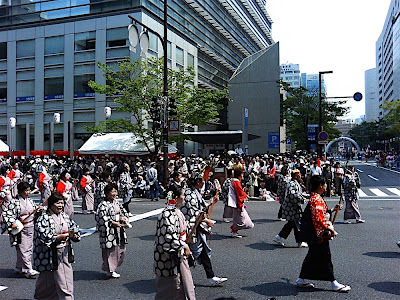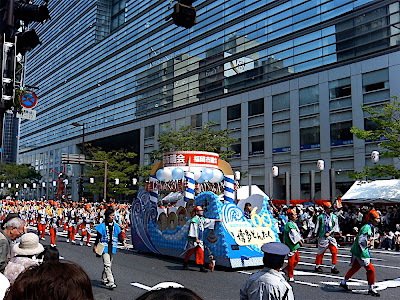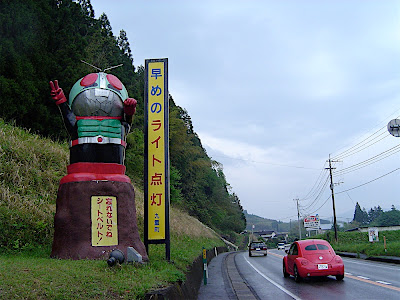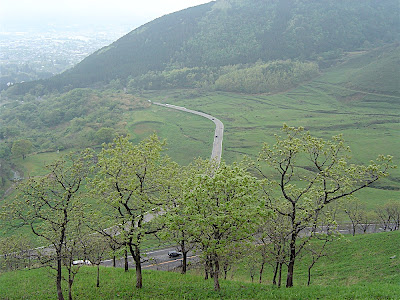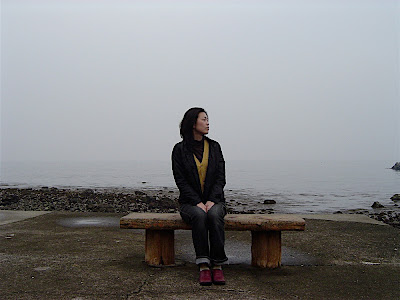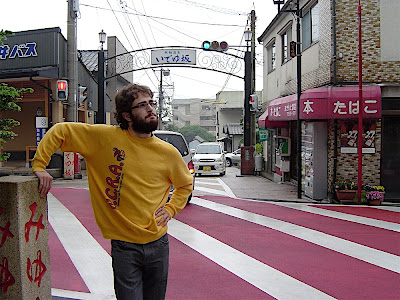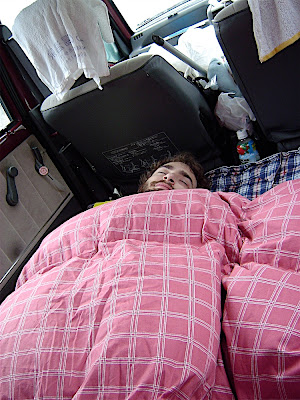 El segundo domingo de Mayo es el día de la madre en Japón (en España es el primero). La faceta comercial de todos estos «días de algo» me deja muy frío por el hecho de hacer convenciones de los sentimientos, aunque también entiendo que vender claveles para regalar a las madres puede ayudar a mover dinero, y eso es bueno. Pero hay algo que me gusta del día de la madre de Japón.
El segundo domingo de Mayo es el día de la madre en Japón (en España es el primero). La faceta comercial de todos estos «días de algo» me deja muy frío por el hecho de hacer convenciones de los sentimientos, aunque también entiendo que vender claveles para regalar a las madres puede ayudar a mover dinero, y eso es bueno. Pero hay algo que me gusta del día de la madre de Japón.
En España decimos «felicidades, mamá». Siempre me pareció natural decir «felicidades» en cualquier celebración, hasta que supe que en Japón se dice «gracias, mamá». Entendí que en el día de la madre tiene mucho más sentido dar las gracias que felicitar a la propia madre por tener un vástago tan encantador. No creo que muchos españoles se planteen lo que quieren decir con ese «felicidades», pero pensado fríamente no deja de ser una expresión un poco egocéntrica.
Gracias, mamá.
—
日本では5月の第2日曜日が母の日(スペインでは第1日曜日)。「○○の日」を利用する商売に対しては、消費者の気持ちをコントロールしているようで、あまりいい感じがしないが、カーネーションを買ってお母さんにあげるということで経済的に良い効果があるのは理解できる。その中でも、日本の母の日で気に入ったところがある。
スペインでは「お母さん、おめでとう」とみんなが言う。お祝いの日、いつも「おめでとう」というのは当たり前だと思っていた。日本では「お母さん、ありがとう」とみんなが言うと知ると、やっぱりその方が合っていると思った。スペイン人が「俺みたいな子がいてよかったね!」という意味で「おめでとう」と言っているということではないと思うが、冷静に考えるとちょっと自己中心的な表現かもしれない。
お母さん、ありがとう。
—
In Japan, Mother’s Day is celebrated on the second Sunday in May (in Spain, it’s on the first Sunday). I haven’t ever felt very well with all these Whatever’s Days’ commercial faces because of them effectively making up conventions out of feelings. But I can understand buying carnations for the mothers will help move money. Still, there’s something I like about Japan’s Mother’s Day.
In Spaing we say «Happy Mother’s Day, mom». I always thought it was just natural to wish a happy day at whichever occasion, until I knew that in Japan they say «Thank you for all, mom». I understood it makes a lot more sense to thank your mother for raising you than wishing that she is happy for having such a cool son as yourself. I don’t think a lot of Spaniards will think this way when they wish their mothers a happy Mother’s Day, but if I think it coldly I find it may be rather an egocentric expression.
Thank you, mom.

